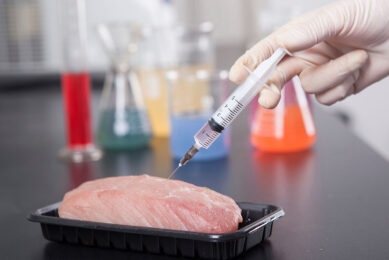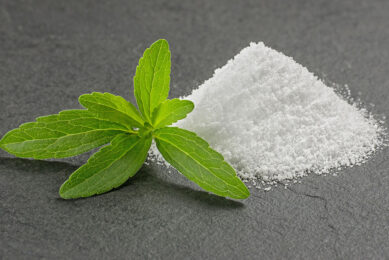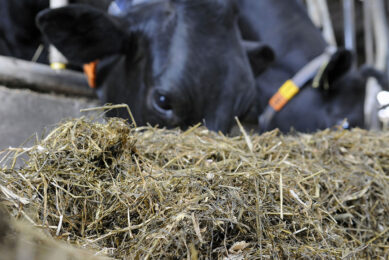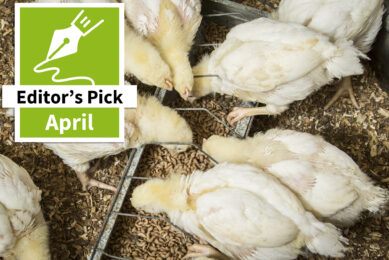Responsible use of blood meal widens
The world-wide consumption of animal protein continues to grow, which demands more feed and, in particular, cost effective ingredients that are high in protein and energy.
The value of animal protein meals as excellent sources of essential amino acids (e.g. lysine and methionine) as well as energy and minerals is well documented. Their use has a long history in animal nutrition and has been important in minimizing loss (nutrient and economic value) in our production of safe, high quality animal food products.
However, as a consequence of public concerns about possible (i.e. not medically proven) links between bovine spongiform encephalopathy (BSE – mad cow disease) and Creutzfeldt-Jakob disease in humans, feeding of ruminant by-product back to ruminants has been banned for many years.
Since the initial broader banning, endless pleads have been made to reduce specific limitations assigned to the responsible use of these high value by-product ingredients produced through the rendering industry. Slowly, the efforts of those believing in safe, but also cost effective food production, may pay off.
In South Africa, a submission was written not too long ago and the Minister of Agriculture signed and approved the publication of a revised notice on the amendment of the Animal Diseases Regulations. Regulation 24 has hereby been amended by the substitution for paragraph (e), which now reads:
"feed any protein of ruminant origin (except milk and milk products) to any animals other than predators and carnivores, except with the written approval of the director. Any written approval for the above-mentioned exemption may only be granted for the feeding of ruminant blood meal to non-ruminant animals and is subject to the conditions as may be determined by the director".
With this amendment the following exemption under the following specified conditions may be granted:
- Dedicated manufacturing equipment or facilities are used for the manufacture of predator, dog and cat food;
- There is evidence that no cross contamination of animal feeds occurs; and
- There is evidence that an independently inspected auditable traceability system is in place.
- An independently inspected auditable traceability system is in place that documents the trail of raw materials from the abattoir or
- An exemption was granted by the Director of Veterinary Services according to Regulation 24 of the Animal Diseases Act, 1984 (Act No. 35 of 1984) on the acquisition, disposal or use of certain farm feeds.
This notice replaced notice No. 1360 of 22 September 2006 on the acquisition, disposal or use of certain farm feeds and at least opened the way to allow the wider use of ruminant blood meal in particular also for poultry. Hopefully, this will further also open the way to at least in the near future be able to use not only poultry blood meal, but also ruminant blood meal, under specific conditions for ruminants.
Join 26,000+ subscribers
Subscribe to our newsletter to stay updated about all the need-to-know content in the feed sector, three times a week. Beheer
Beheer









 WP Admin
WP Admin  Bewerk bericht
Bewerk bericht